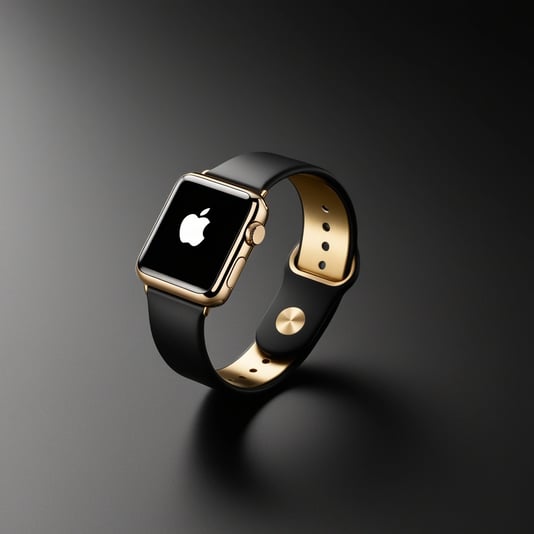In 2015, Plaintiff Apple launched the Apple Watch, a groundbreaking wearable device that combined advanced technology with stylish design, using high-quality materials. Thanks to substantial investments, the Apple Watch became the best-selling smartwatch ever, protected by various patents.
Apple held several key patents, including U.S. Patent Nos. D735,131; D883,279; D947,842; and D962,936, collectively known as the “Patents-in-Suit.”
Defendant Masimo offered products that infringed on these patents, notably the Masimo W1 device and its charger, known as the “Wireless Charger.” This combination was referred to as the “W1.” Although Masimo traditionally focused on hospital equipment, it entered the consumer wearables market with the W1, choosing to imitate Apple while also filing lawsuits against the Apple Watch.
Masimo had a history in clinical-grade pulse oximetry, primarily selling devices like the Masimo Radical. Its revenue mainly came from disposable biometric sensors. However, as its patents began to expire around 2019, expected royalty income declined, prompting concerns about increased competition.
Recognizing a shift toward consumer health technology, influenced by Apple, Masimo sought to compete in this market despite its lack of experience. In January 2020, it filed a lawsuit against Apple, gaining access to confidential Apple Watch design information. In June 202

